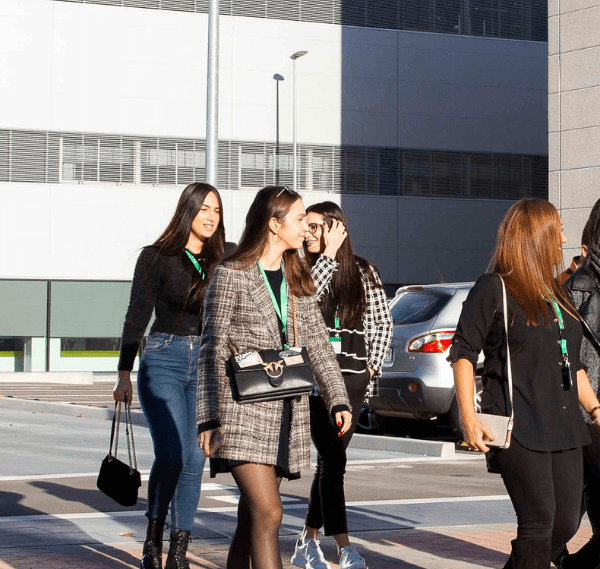The Year in Review: 2020 | How Has Lockdown Affected the Way We Spend Our Time?
There is considerable speculation about how the COVID-19 pandemic will impact our lives in the long term.
Some experts predict that arguably positive changes like remote working and reduced air travel will continue in the future. Others are of the opinion that, once the pandemic passes, particularly when most of the population is vaccinated, things will return to pre-COVID normality.
Nobody knows what the future holds. And all predictions, however thoughtful and creative, are ultimately guesses. But we can begin to put together a picture of how our habits, priorities and interests have shifted by looking at the ways that COVID-19 has affected our lives over 2020.
How Long Will These Changes Last?
The COVID-19 pandemic will go down in history as one of the most seismic events of the century, perhaps even the millennium. Like the Black Death in the 14th century or the Spanish Flu epidemic in the early 20th century, this pandemic will change our lives in far-reaching ways for decades to come. .
While pandemics are fundamentally disruptive in nature, they also accelerate trends which were already gaining pace. This has been particularly apparent when it comes to remote working, digital transformation, and the increased use of online shopping.
While nobody can predict exactly how long individual changes will last, it is likely that trends which were already occurring will not be reversed. And in many cases, shifts in a particular type of behavior will impact on other areas. If remote working continues, for example, it will mean that people spend more time at home and consequently may consume more digital media, travel less and shop online.
1. We’re Spending More Money Online
While the majority of businesses have been adversely affected by the coronavirus pandemic, the online retail sector has been one of the few winners. And delivery and logistics networks have largely responded quickly and efficiently to increased demand.
Online retail purchases have increased substantially, with double the growth of previous years. Only a handful of outlying categories, such as apparel, have seen diminished sales revenue.
There are many reasons for this change, including government-mandated lockdowns which have forced the closure of high street stores, fears around entering public areas and a proliferation of online offers and discounts as major brands have sought to make up for the downturn in physical sales.
2. We’re Using Streaming Services More Often
It will come as no surprise that consumption of online media has spiked since the introduction of lockdown measures. Netflix, for example, saw double its expected number of sign-ups in early 2020. Other content providers like Disney, YouTube and Amazon Prime have also reported substantial rises in new users. Unable to engage in normal activities and pastimes, people have turned to streaming services as an alternative.
While there was a definite and ongoing shift to subscription-based content prior to COVID-19, most companies like Netflix consider it likely that use of their platforms will subside as life returns to normality. It will be interesting to see how well-known brands in this space try to engage these “temporary” customers and whether or not the shift away from more traditional forms of entertainment, such as the cinema, continues into the future.
3. We’re Exercising Frequently, Cooking and Spending Time in Nature
It may seem counter-intuitive, but national lockdowns have resulted in greater numbers of people taking advantage of the outdoors and engaging in regular exercise. One study, for example, showed a 21% increase in purchases of home fitness equipment. And outdoor activities like walking, jogging and cycling have also proven popular.
An increase in home cooking has also been a positive outcome of mandatory stay-at-home regulations. The move towards healthier, home-cooked meals has been driven by a range of factors, including more free time that can be spent in the kitchen, shortages of ready meals, and a lack of access to restaurants.
It is possible that newfound habits shift back to “normal” in a post-COVID world, when people have less leisure time and aren’t confined to their homes. That said, 82% of people that are exercising regularly during the pandemic have said that they will continue to do so, so it may be that healthy lifestyle changes will continue.
4. We’re Working From Home Travelling Much Less
Forced home confinement and the banning of air travel have meant that we have been travelling much less than usual. In some countries, flight frequency has dropped by nearly 100%. Because remote working practices are almost certain to stay in place (at least to some extent), and with the airline and hospitality industries unlikely to bounce back immediately, we may continue to limit our travel even after the pandemic has passed.
Notably, the global reduction in travel has had a marked effect on carbon emissions. Unfortunately, however, most experts are doubtful that this will have any serious long-term positive consequences. The events of the last few months may, however, feature in the broader debate about the need for environmentally sustainable travel practices. Lockdowns have shown that it is possible to quickly and efficiently reduce emissions without relying on costly and complex government interventions.
Launch Your Business Career at EU Business School
If you are interested in the trends and transformations shaping the modern world, then a career in business could be for you. Now more than ever, companies need talented, creative leaders that have insights into shifting consumer habits and preferences.
A degree from EU Business School will provide you with all the expertise and practical experience that you need to build a rewarding, impactful career in the corporate world. You can pick from a wide selection of programs, including Bachelor’s, Master’s, and MBA courses, and you’ll also have the opportunity to work and study in one of Europe’s most vibrant business cities (we have campuses in Barcelona, Geneva, Montreux and Munich, as well as online).










